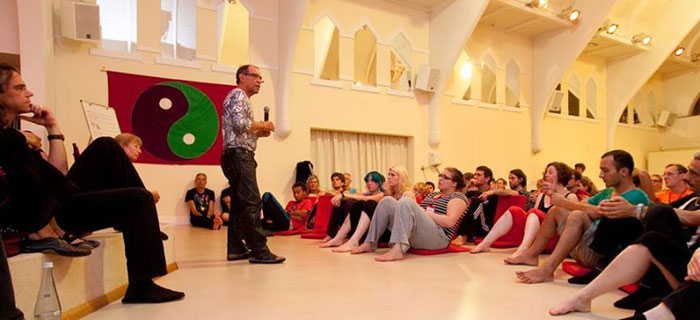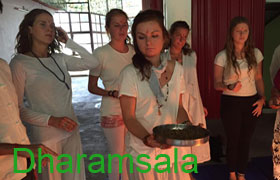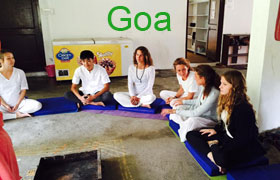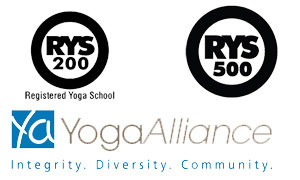Pramad (neglect): Negligence in execution of yoga sadhana and wasting time on unnecessary objectives other than yoga sadhana are defines as pramad. Negligence in yoga sadhana, noncompletion of scheduled programs and not being responsible even after ruining the schedule is called as pramad.
Aalasya (laziness): Erratic eating patterns might lead to obesity and fill mind with tamo gun (quality of darkness or ignorance). This results in not being able to concentrate on sadhana. This is called aalasya. Our yoga teacher training program offered at Goa, Dharmasala and Rishikesh yoga centers propose techniques to handle such problems.
Avirati (incontinence): Very often, man gets fascinated by the materialistic pleasures of the world and keeps away from spiritualism. This is called avirati and is considered a barrier in the path of yoga.
Bhrantidarshan (contradictory view): Believing the beneficial elements to be deleterious and vice versa is called bhrantidarshan. Same thing holds good for yoga too. If a yoga seeker assumes the factors that benefit yoga sadhana to be hassles instead and vice versa, his progress would be hampered.
Alabdh – bhumikatva (unobtained role): A yoga seeker not being able to achieve the roles or posts that he is supposed to attain naturally during yoga sadhana is called alabdh – bhumikatva.
Anavasthitatv (instability): Human mind enters a transient state where it remains stable but only for a while. It lacks durability in this state and it would result in declination of zeal. These nine obstacles generate metastasis in mind and cause hurdles in the path of yoga sadhana.
The above mentioned nine hassles appear in four different forms.
दुःख दौमनास्यांगमेजयत्वश्वासप्रज्ञासा विक्षेपसहभुवः
दुःख दौर्मनस्य अंगमेजयत्व – श्वास – प्रश्वासाः विक्षेप – सहभुवः
These obstacles stay along with deflections.
Author: Along with the above mentioned nine factors five more factors come into effect (1) dukh (Sorrow) (2) daurmanasya (melancholy) (3) ang me jayatv (4) shwas (breathe) (5) prashwas (inhalation)
(1) Dukh (sorrow): Sorrow is of three types – aadhyatmik (spiritual), aadhibhautik (physical), aadhidaivik (divine). The meaning of aadhi means base. The sorrow caused on the basis of soul is called aadhyatmik (spiritual suffering). Body and mind reside over soul, thus the diseases that affect the physical body and mental afflictions fall under the sufferings caused on spiritual basis.
The meaning of bhut in this context is creature. The sorrow caused due to any creature like humans, animals, birds, etc are classified as aadhibhautic.
And the meaning of dev in the current context is earth, water, air, fire, moon, star etc. The troubles caused by these such as floods, droughts, tsunami, earth quakes, storms etc are categorised under aadhidaivik.
(2) Daurmanasya (melancholy): The mind gets afflicted when it does not accomplish its desires. It becomes unstable, wavering and troubled. This state of mind is called daurmanasya.
(3) Ang me jayatv : Various parts of the body tend to tremble. It is called ang me jayatv.
(4) Shwas – prashwas : Uncontrolled respiration is also a kind of suffering. When a man feels miserable his mind would acquire daurmanasya state as a result because his desire is not accomplished. Thus if mind is troubled it is called daurmanasya. If one invests excess effort in upasana (devotion), parts of body tend to tremble followed by irregularity in respiration.






